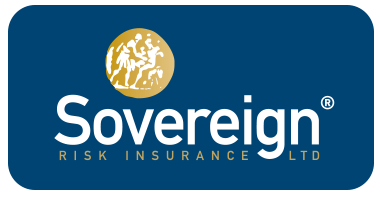Political Risk Insurance History
Political Risk Insurance has become a critical component of both cross-border finance and direct investment in emerging markets. Private Equity investors, corporates and institutional lenders frequently utilize political risk insurance to mitigate the unpredictable political and economic risks surrounding direct investment and financing activities in emerging markets.
The concept behind political risk insurance dates back to the Marshall Plan in 1948. In an effort to encourage American equity investments to assist in the rebuilding of post-war Europe, the U.S. government began a program of issuing long-term political risk guaranties to insure the ability of US investors to convert funds and subsequently remit dollars. In the 1960’s, the Agency for International Development (AID) began administering the U.S. investment guarantee program, which eventually incorporated expropriation and war risk coverages and directed it specifically towards developing countries. In 1969, an amendment to the Foreign Assistance Act established OPIC (the Overseas Private Investment Corporation) as an independent agency within the U.S. government having the primary purpose of encouraging U.S. overseas investment in developing countries through the issuance of political risk insurance and project finance.
Most OECD countries have national agencies that provide domestic companies with export credit and political risk insurance. The largest among these agencies include OPIC (U.S.), NEXI (Japan), SINOSURE (China), ONDD (Belgium), EDC (Canada), ECGD, (Britain), COFACE (France) and EFIC (Australia). In addition, the World Bank established MIGA (Multilateral Investment Guarantee Agency) in 1987 to encourage both north-south and south-south financing and investment activities by providing political risk guaranties.
The private political risk market was established in the mid-1970s by several underwriting syndicates at Lloyd’s of London and by the American International Group (AIG). The private market has grown significantly since these early days and now includes several major providers of political risk insurance, including Lloyd’s, Sovereign, XL- Catlin, AIG and Zurich. Aside from the basic three political risk coverages (currency inconvertibility, expropriation, and war and political violence), the private sector offers coverage against non-payment and various forms of breach of contract.
